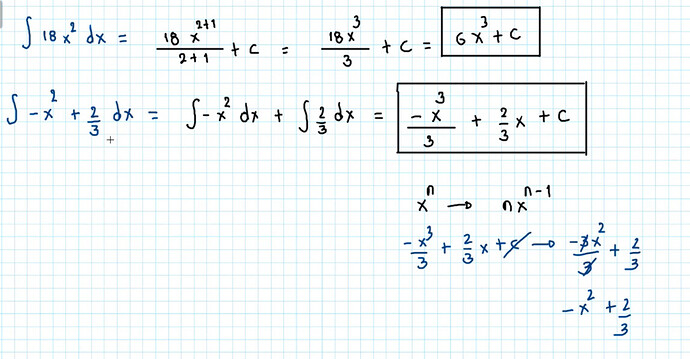Interesting topic. Although the math you are talking about is far beyond me, leaving that to you and other math-heads, like Karim and others here.
However, interested in the possibilities of programming languages like lisp’s abilities to do abstract and meaningful problem-reasoning (questioning? trying solutions?) about things we don’t know what is *)
Are you familiar with Sussman+Abelson books SICP and SICM (“Structure and interpretation of Computer Programs”, and “Structure and interpretation of Classical Mechanics”). Do the tools they develop - using Scheme - fit in to the types of problems you describe?
*) in my case Lisp (Scheme) came about while researching ethnomusicology (however unsuccessful, stopped researching, started composing… ), trying to make sense of (what people like us would call) music where known musical theory and representation stops making sense. Inspired by language research

